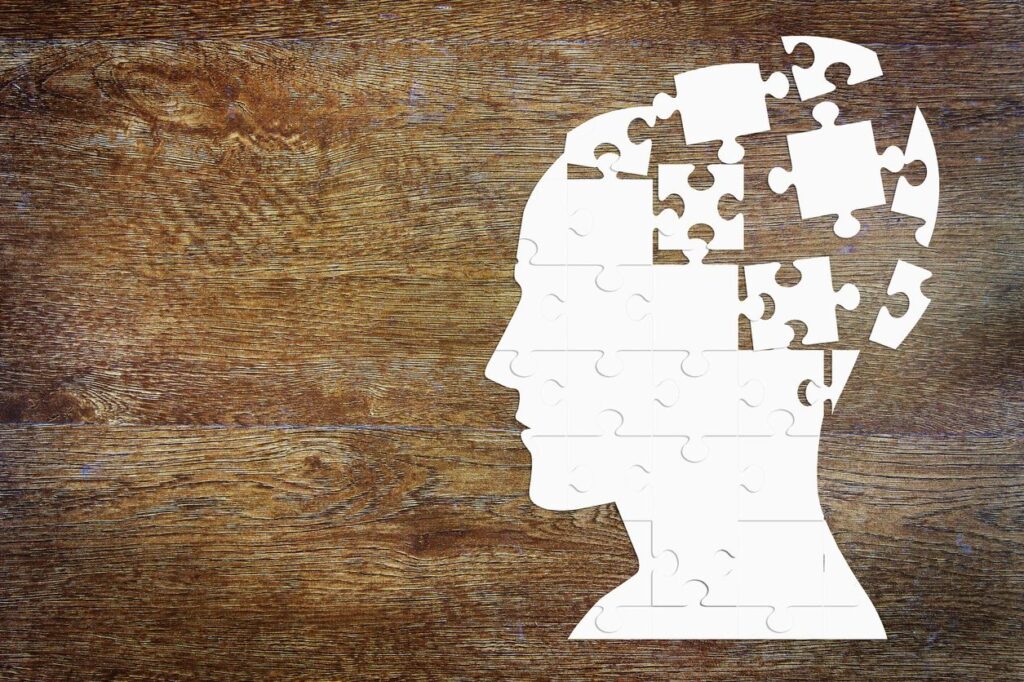Posts by Neil Petersen
Breakfast Habits and School Performance
“Dear diary, today I had cereal and orange juice for breakfast.” That kind of diary entry might make for fairly boring reading, but it’s exactly what the authors of a recent study on nutrition habits and school performance were interested in. In the study, 294 British teenagers kept food diaries for a week, reporting the…
Read MoreFamily Connectedness Predicts Teen Coping Skills
The family someone comes from can shape how they relate to the world around them – including how they cope with stressful situations, as it turns out. A new study from researchers in Canada and New Zealand suggests that the sense of connection teenagers have with their families foreshadows the coping skills they will develop,…
Read More“Dark” Personality Traits Aren’t Always Obvious to Others
In my last post, I talked about good liars and what sets them apart. As it turns out, today’s topic is going to continue our look at the darker side of human personality. Up for discussion today is the so-called “dark triad” of personality traits. These include: Narcissism: A tendency to take a grandiose view…
Read MoreWhat Sets Good Liars Apart?
Everyone can lie, but not everyone can lie well. In fact, some research suggests that the demeanor of a liar is the most important factor in whether lies are detected, possibly more important than the deception detection abilities of the person being lied to. To learn more about the people who lie most effectively, a…
Read MoreChildren Will Imitate Robots
Young children have a range of skills that make them phenomenal learners, and one of these skills appears to be copying the people around them. For better or for worse, children will imitate the behaviors they observe in others. Psychologists have come up with various theories about why children are such prolific imitators. One theory…
Read More“Thank You” Can Change How People See You
If your parents told you to always say your thank yous when you were growing up, chances are they understood on some intuitive level that these two simple words carry a lot of power. Now there’s some science to back that idea up. A study published in Journal of General Psychology asked 136 participants to…
Read MoreWho Can Read Dog Body Language?
Humans are evolved to recognize emotions in each other’s nonverbal behavior. To some extent, we apply that ability not just to other humans but to animals as well. Nowhere is this more true, perhaps, than in the case of dogs. As far as animals go, dogs can be pretty expressive in demonstrating their emotions, which…
Read MoreWhat Social Connections and Financial Security Mean for Retirement
Given the choice, most of us would probably rather retire with a broad social network and a deep bank account. Of course, the choice isn’t entirely up to us, since there are a lot of complicated factors that influence how strong the social connections we develop are and how much money we’re able to save…
Read MoreIs Your Phubbing Hurting Your Kids?
“Phubbing” is an invented word for a phenomenon we all know to be quite real: the act of snubbing someone by burying your face in a smartphone. Psychologists have previously tied phubbing to worse mental health and less social connectedness. Now, a study adds evidence that phubbing can be bad for families too, with parents’…
Read MoreUntangling the Links Between Sedentary Behavior and Depression
Among the detrimental effects that are increasingly being blamed on sedentary behavior are mental health conditions such as depression. In one study I wrote about a couple years ago, researchers found that just one week of sedentary behavior could significantly lower people’s life satisfaction. Figuring out why sedentary behavior and depression go together is more…
Read More









